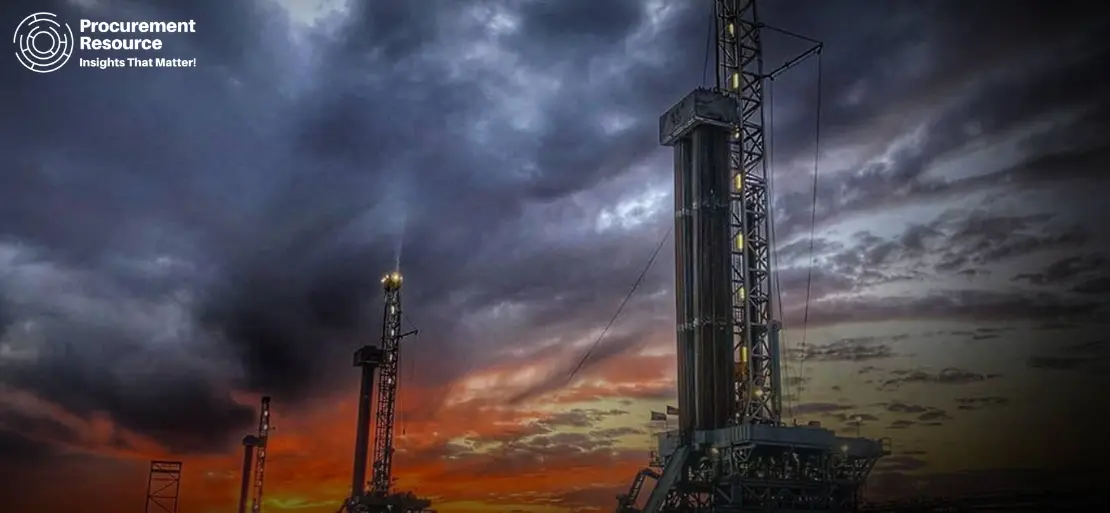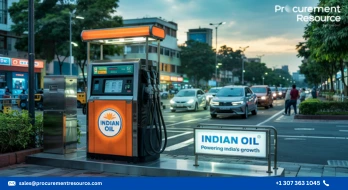Erratic Deals by Oil Giants Obscures Green Makeover

As the oil companies plan to spend their fortune on a new, reliable, and sustainable energy source in order to leave behind lesser carbon footprint, the industry’s erratic deals have hoisted red flags for their investors. In the past decade, oil giants had invested in major oil and gas sources to increase their production which has led to a financial dent in their investment every time. From the year 2014, when the oil prices stooped their lowest till the market collapse due to the pandemic, stakeholders have taken a step back.
These deals made by the oil giants have led to massive expenditures, which has further proven unsatisfactory to the stakeholders. When Shell, a British-Dutch multinational oil company, bought BG Group in a deal worth USD 54 billion in 2016, the prices were crashing down and the stakeholders were convinced that the deal would support Shell’s dividend under any imaginable oil price scenario.
A few years after that, when the world is suffering now through a pandemic, the British-Dutch company have slashed their dividend for the first time since the early twentieth century and had to suspend what was the world’s biggest share buyback programme. The deal brought nearly a decade of disappointing takeovers, from Repsol’s USD 8.3 billion takeover of Canada’s Talisman Energy, just months before the 2014 oil price crash to Occidental Petroleum’s mis-timed USD 38 billion take on shale producer Anadko last year.
Now, the Shell policymakers are looking forward to rise by developing themselves as a low-carbon power supplier in order to flourish in the future of clean energy, while the stakeholders are worried about history repeating itself.
Companies like BP and TOTAL are expected to showcase their details about their strategies to their stakeholders in the month of September, while Repsol is planning to propose its strategies in the month of November. Shell is preparing its strategies and will give out its details in the month of February, next year.
Repetitive Mistakes
The collapse of the oil market due to the pandemic has caused many companies to either liquify or cut-off their assets, and it has also led to a decreased revenue generation to a point where the companies have taken more debt to keep up with the payments to stakeholders.
Shell itself has cut-off assets worth USD 16.8 billion, which included one of their flagship plants in Australia. In total, the global energy-producing companies have cut down by USD 60 billion, in terms of assets, followed by a falling graph of oil price and demand during the pandemic.
Since the year 2005, oil companies, namely Shell, BP, and Total have developed a combined debt of USD 370 billion, which will not be recovered with the amount of revenue being generated. This means that all the revenue generated is getting used to cut debts. With such massive debts, the uncertainty of oil prices, and a weak deal making record, the oil giants are now facing problems on getting stakeholders on board.
In order to correct their wrong, oil companies are now running towards renewable assets such as solar, wind, and hydro energy, even though they have lesser returns than oil and gas. The companies’ investments towards renewable projects might be of value as they will start from a high leverage point due to their pre-established market presence.
Lower Returns May Cause a Problem
As companies lure stakeholders towards the new renewable projects, the lower return might come as a head-scratching factor to the stakeholders. Over the course of the past five years, Shell’s shareholder return has been at minus 2.9%, and the picture is similar to BP, ExxonMobil, and Total. Chevron, on the other hand, had the strongest return at 5.9%.
The constant drop in the oil prices has led to a fold for BP’s market value over the past couple of years to about USD 75 billion, which will further hinder them in acquiring large renewable assets or power companies. While shares in the Danish renewables power firm, Orsted has doubled over the past two years, developing a market capitalisation of USD 45 billion.
Similarly, Spanish utility Iberdrola’s shares have jumped by 180% in the last couple of years, developing a market value of around USD 80 billion. Such a positive return has encouraged oil and gas companies to shift their agenda towards the new renewable energy assets. However, they might attract different kind of stakeholders who are more interested in long-term stability as traditional stakeholders are more inclined towards high returns.




